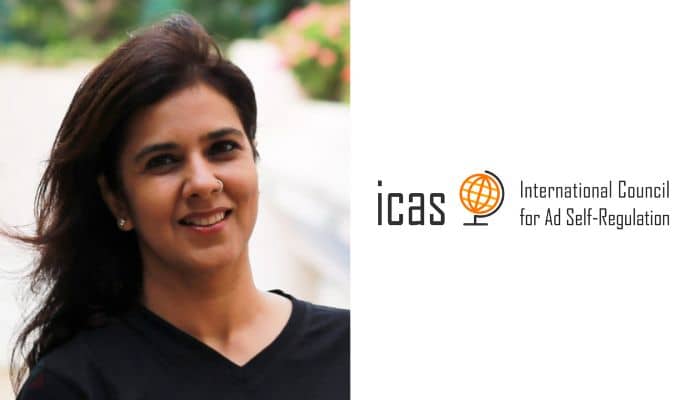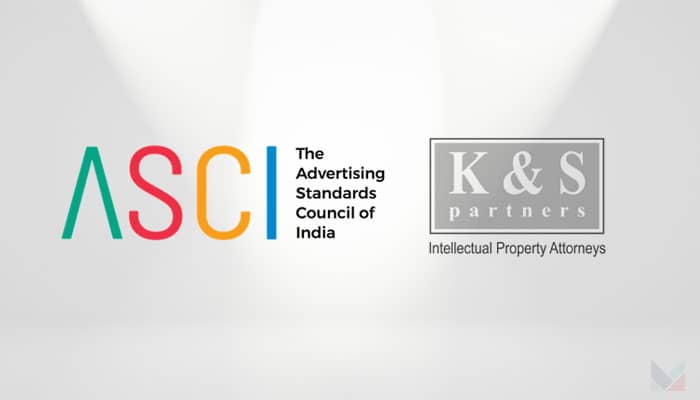India – The Advertising Standards Council of India (ASCI) has announced that it has updated advertising guidelines for educational institutions, organisations and platforms. Said guidelines have also centred on putting the mental health and physical well-being of students in focus.
ASCI has noted that the education sector has been amongst the top violative sectors for the past few years when it comes to advertising. In its Annual Complaints Report 2022–23, classical education ranked second among the top violative categories with 13.8% of total ads that did not adhere to ASCI’s guidelines.
Public consultation for the guidelines started on March 14, 2023, and was concluded on April 15, 2023.
While ASCI’s existing education guidelines require educational entities to substantiate any claims they make in their advertisements with relevant evidence, this latest update ensures that the advertisers are also mindful that their ads consider the students’ mental and physical well-being.
The amendments state that ads by educational institutions, including universities, colleges and schools, coaching classes, edtech platforms and others that offer education and training programmes should not stereotype students based on their gender, or appearance, nor portray those who score low as unsuccessful or failures.
Shri Rohit Kumar Singh, the secretary for Ministry of Consumer Affairs said, “Education advertising touches almost every citizen in the country. Ensuring the sanctity of advertising in this sector is an important task. The ASCI guidelines address the various issues that plague the sector and we hope that the industry will follow these in letter and spirit. I would like to reiterate that misleading ads are also a violation of the Consumer Protection Act and all necessary steps will be taken to keep our citizens safe”.
Meanwhile, Manisha Kapoor, CEO and secretary general at ASCI, commented, “In addition to ads not being misleading, the updated guidelines also provide for the physical and mental well-being of students, particularly school students. While fierce pressure in education is a reality, advertising must not perpetuate this problem. normalise it or exploit student and parental vulnerability.”
She added, “Based on our Ed-Next study, such issues were identified, and post extensive consultation with different stakeholders, we are now issuing the updated guidelines. ASCI remains deeply committed to consumer protection, and we will continue to update our Code to reflect contemporary and emerging concerns in advertising content.”


















